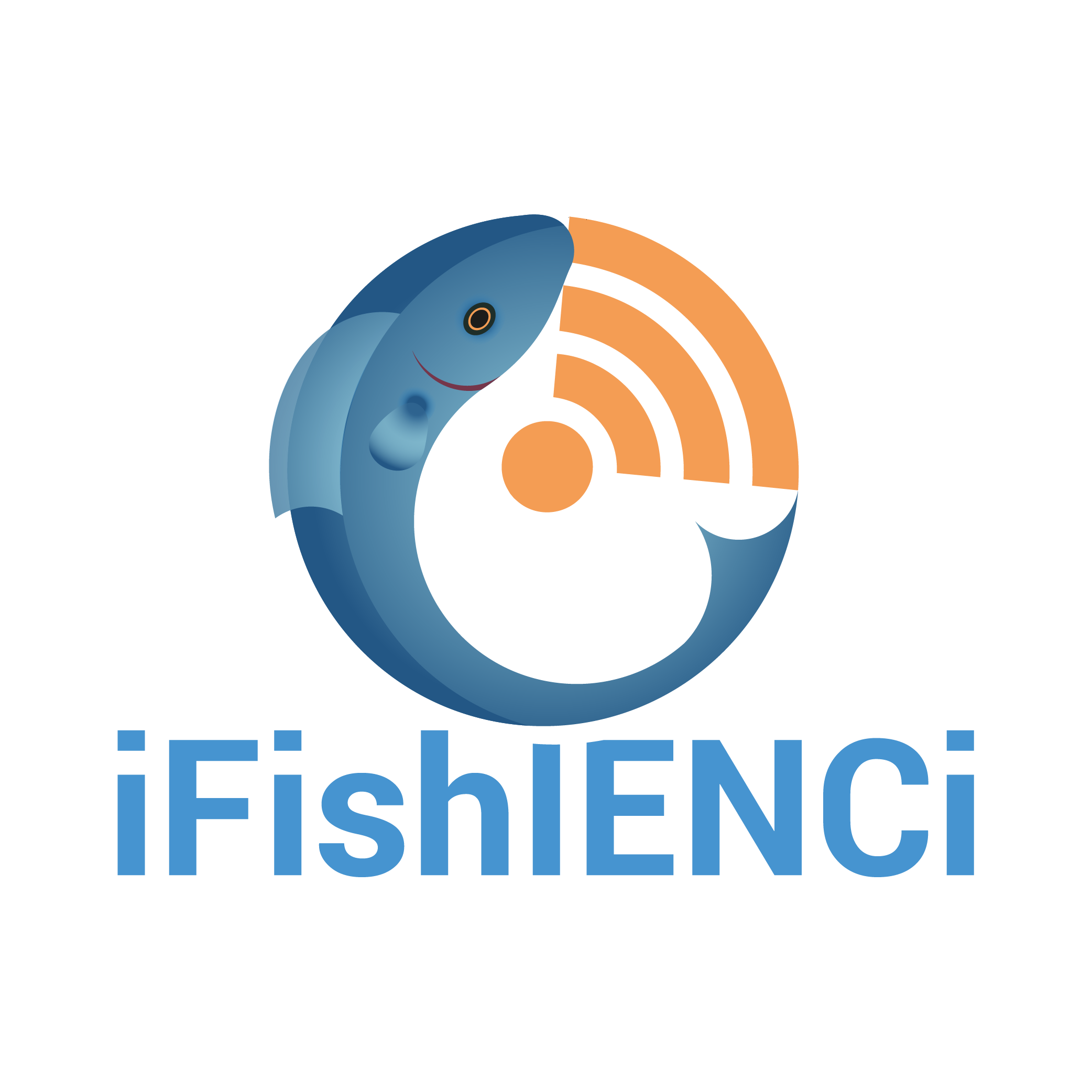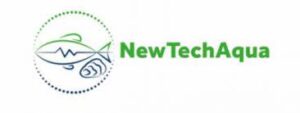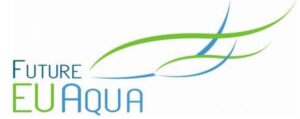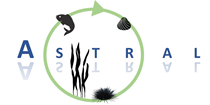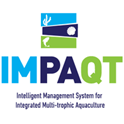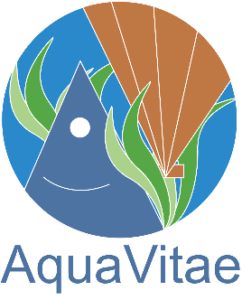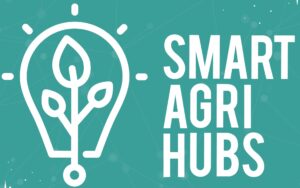Responsible Research and Innovation
What is RRI
Is science working for society? Responsible Research and Innovation (RRI) is a cross-cutting action that addresses this question. To do this, scientists, researchers and other stakeholders use expert and non-expert knowledge (disciplinary and non-disciplinary perspectives) to assess how science, technology and innovations are working together with (or without) society to produce sustainable and fair outcomes.
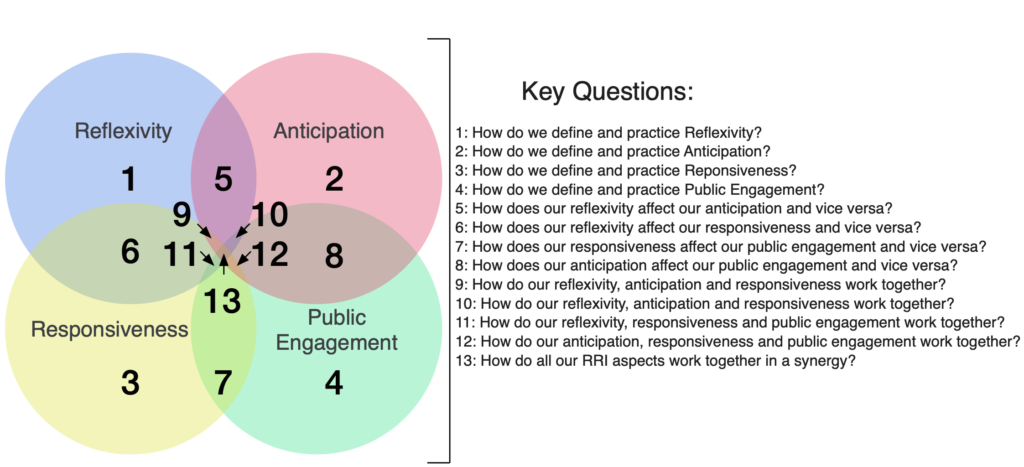
Anticipation, public engagement, reflexivity and responsiveness are central concepts for successful RRI activities or “interventions”. In RRI activities, both academic experts and innovation users and stakeholders and local experts engage in discussions regarding the creation and deployment of future innovations.
The overall goal for RRI actions is to heighten the quality of research and innovations through open science and participatory processes. The antithesis to RRI ideals is therefore innovations that exclude relevant perspectives and people and erode or destroy societal values instead of supporting them.
Responsible Research and Innovation (RRI) implies that researchers, citizens, policymakers, businesses, and other sectors should work together during the entire research and innovation process, anticipating follow-on results to best align the research process and its outcomes with the values, needs, and expectations of society.
How we address RRI in iFishIENCi
RRI a ‘cross-cutting issue’ in Horizon 2020, is a key action of the ‘Science with and for Society’ objective and is integral to the implementation of all H2020 Projects. iFishIENCi uses a specialized methodology of RRI “In-Reach” to examine how our project actions are accountable to our societal and scientific responsibilities. We also identify the key actors and public groups and engage with them in a variety of ways, including as advisory board members, surveyed participants, and participants in workshops.
Commitment to the Sustainable Development Goals
The Sustainable Development Goals (SDGs) are the blueprint to achieve a better and more sustainable future for all. They address the global challenges we face, including poverty, inequality, climate change, environmental degradation, peace and justice. World leaders adopted the 2030 Agenda for Sustainable Development (2030 Agenda) with the SDGs as its core. The EU was instrumental in shaping the global 2030 Agenda, which is consistent with Europe’s overall vision and has now become the world’s blueprint for sustainable development. iFishIENCi is committed to supporting the SDGs directly and indirectly through our actions. The core SDG we contribute to are:
iFishIENCi and its consortium members are committed to supporting European policy for further growth of a Sustainable European Aquaculture Industry. We are taking action in support of the revised Strategic Guidelines for the sustainable development of EU aquaculture, particularly in the growing and important field of Circularity in Aquaculture.
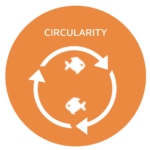
Commitment to Cooperation
In addition to the broad multidisciplinary nature inside the iFishIENCi consortium, we also aim to expand our collaboration with other projects, particularly our sister Aquaculture 4.0 projects, as well as other synergistic projects. These will include promoting international cooperation, increasing consumer awareness and perception through joint communication actions, organizing joint sessions at relevant events and conferences, joint policy recommendations, and co-developing IPR best practices.
